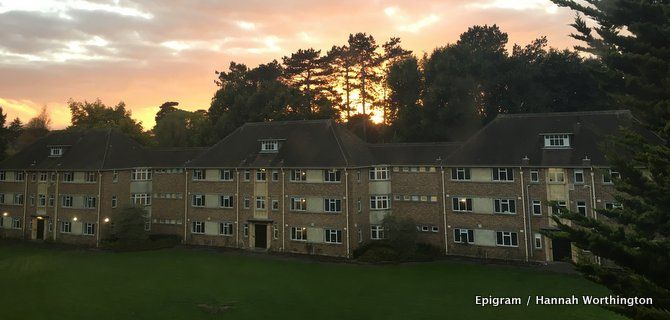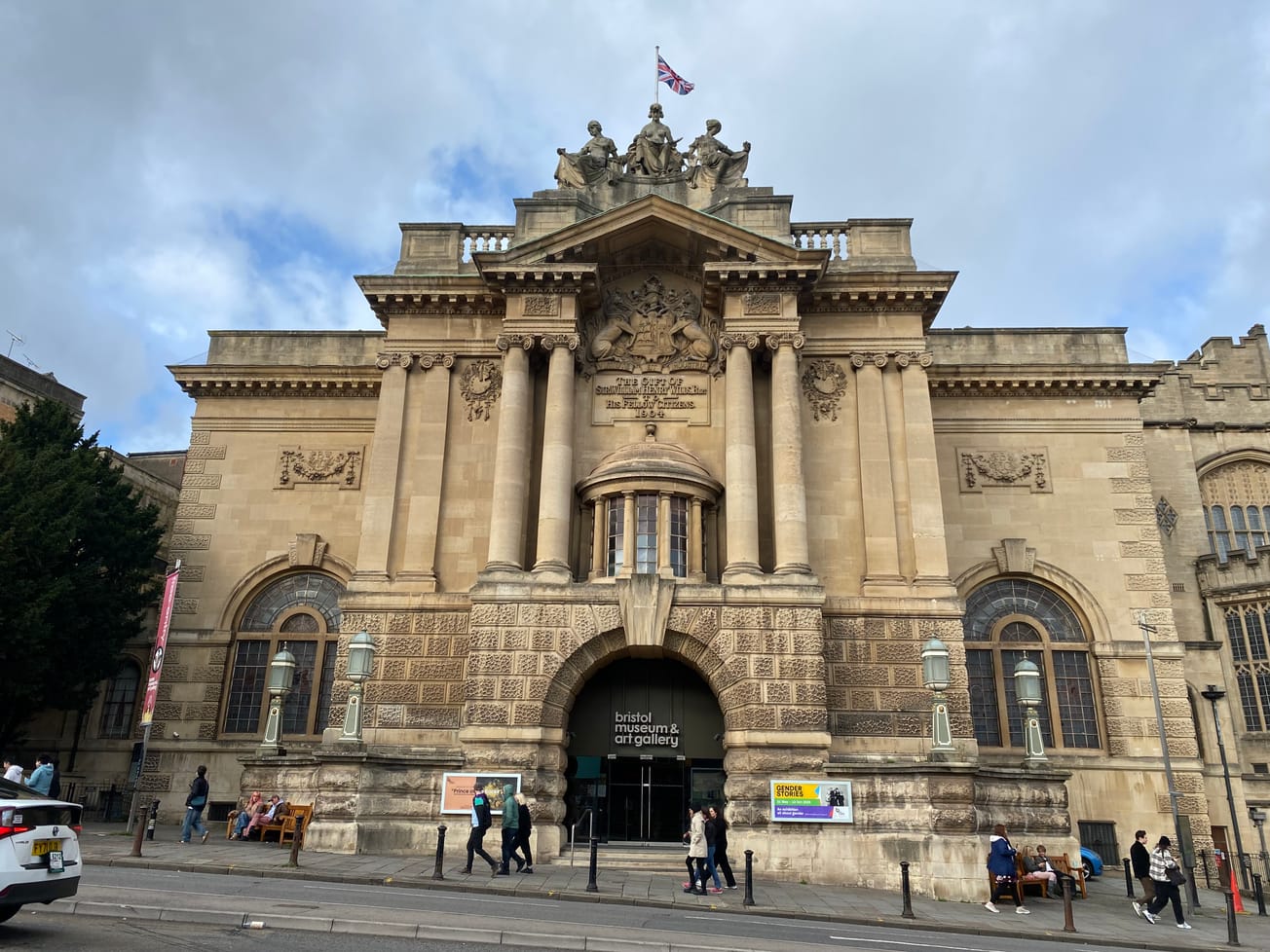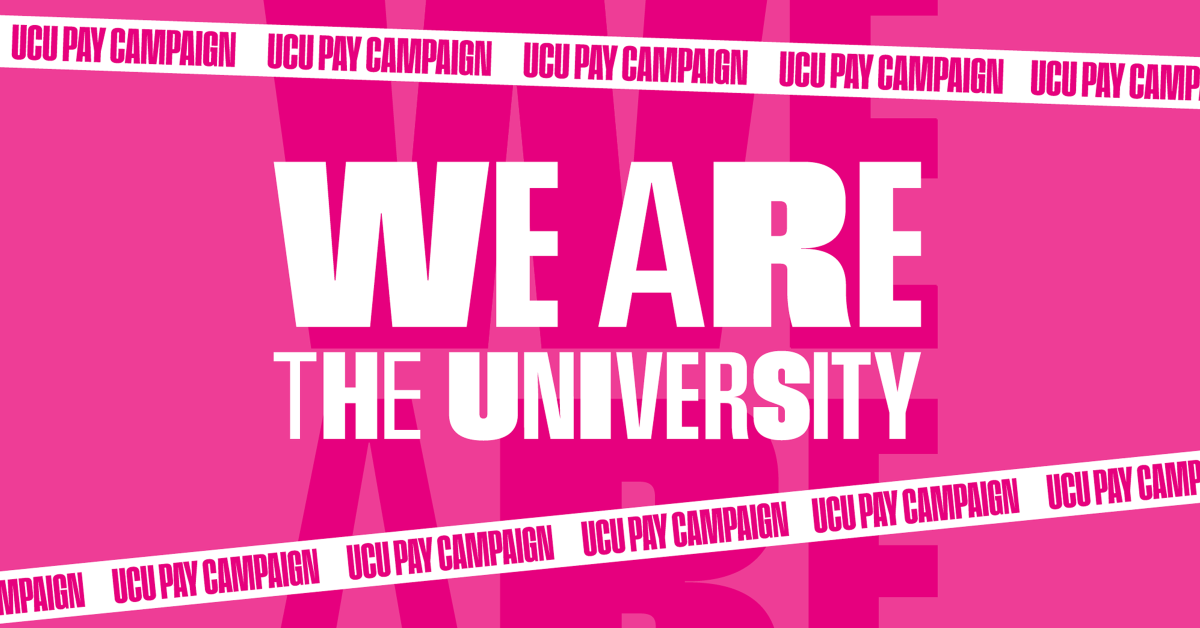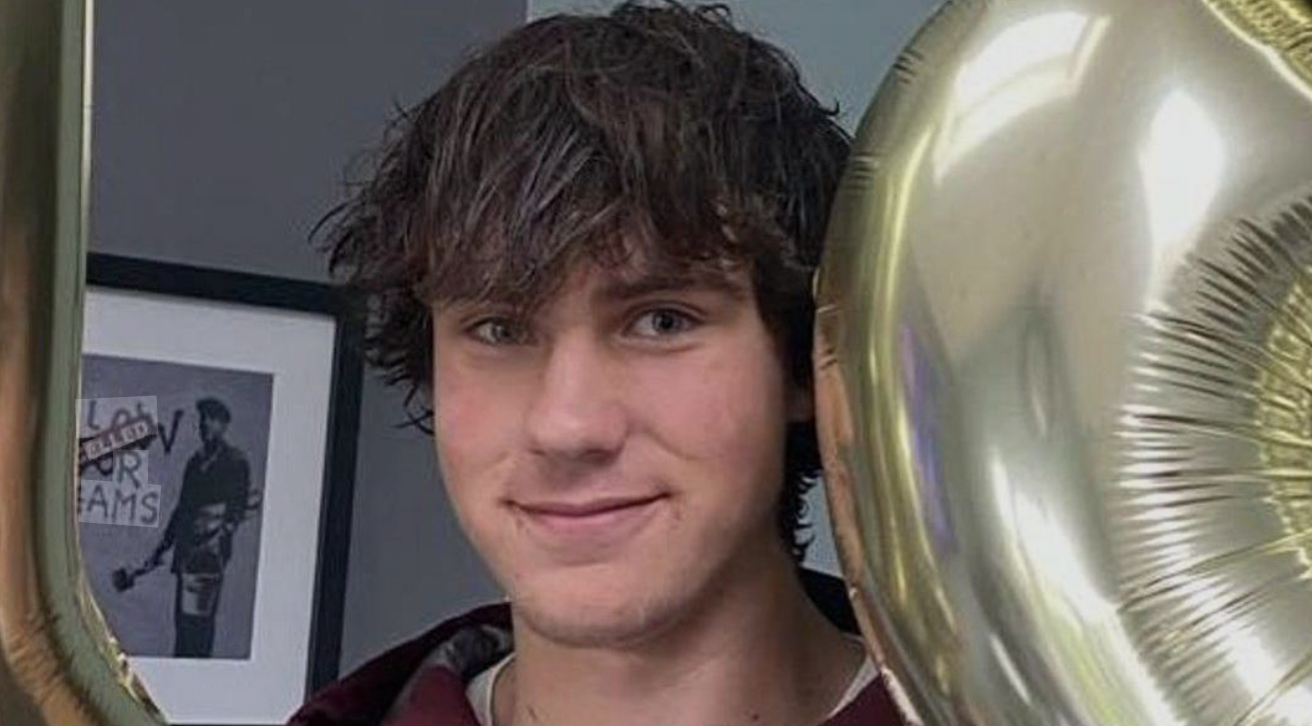Findings show that by the UCAS deadline, 15 January, there was a 0.9 per cent reduction in the total number of applicants for higher education, compared to the 559,000 applicants in 2017.
This figure was most dramatically affected by the 2.5 per cent fall in demand from the 18 year old population in the UK, followed by a further fall in demand form 19 year olds and 25+ age groups.
Similarly, the application rates in Scotland fell by 0.2 percentage points to 32.5 per cent.
However, there were 43,510 applications from the EU alone, a rise by 3.4 per cent, and this figure was further beaten by the number of international applicants, increasing to its highest ever rate of 58,450 applications, an 11 per cent increase.
Clare Marchant, UCAS’ Chief Executive, said: ‘Today’s figures show that UK higher education continues to be a highly popular choice for 18 year olds, and draws students of all ages from around the world to the UK.
'However, the application data also highlights continuing falls in demand from older students and to nursing courses in England. These are challenges for everyone involved in higher education to work on together. We must continually seek to evaluate what works well, and what doesn’t.’
This academic year, there has been a fall by 13 per cent in the applications from all age groups to nursing courses in England.
UCAS placed emphasis on these figures in 2017, when nursing subjects at English universities and colleges were no longer funded by NHS bursaries, but rather used tuition fees.
It is 18 year olds in the UK that make up the bulk of applications to higher education through UCAS, making up almost half of all applications by the 15 January deadline.
Here are some key findings on them:
- It has been found that, throughout England, both 18 year old women and men are more likely to apply than ever before.
- However, there still remains an obvious difference in application rates between 18 year old men and women across the UK in 2018, with young women more likely to apply than men.
- In England, although only a small increase from last year, young women are 36 per cent more likely than young men to apply to higher education.
- Whereas in Scotland, the ratio of young men and women applying has reduced since 2017.
- With an increase in the rate of young men applying and a decrease in the rate of young women applying, Scottish women are now 56 per cent more likely to apply than Scottish men.
- In Wales, 2018 has seen the difference in application rates between men and women increase, with women being 48 per cent more likely to apply.
- In Northern Ireland, women are 40 per cent more likely to apply than men, a slight increase from 2017.
- Figures show that by 15 January 2018, application rates in England from 18 year olds living in disadvantaged areas (measured through the POLAR3 classification) have reached an all time high, at a rate 22.6 per cent.
- Although the difference in ratio of application rates between the most and least advantaged remain apparent.
- With advantaged UK 18 year old being 2.3 times more likely to apply than disadvantaged UK 18 year olds.
- In Scotland, the application rates of 18 year olds living in disadvantaged areas, defined using the latest 2016 version of the Scottish Index of Multiple Deprivation, decreased for the first time since 2008.
- With findings showing a decrease of 16.7 per cent in 2018.
- Where the rate of application from the most advantaged areas in Scotland increased by 1.9 per cent, extending the gap between the most and least advantaged applicants.
These figures, published on Monday 5 February 2018 by UCAS, come from analysis of the numbers of undergraduate applications processed by UCAS ahead of the 15 January deadline.
The figures are recognised as the first reliable indicators of changes in demand for higher education in the UK.
For more information, please contact Felicity Cowie, Head of Media and Corporate Communications, on 01242 545 469, or at f.cowie@ucas.co.uk .
Featured image: Epigram / Hannah Worthington









